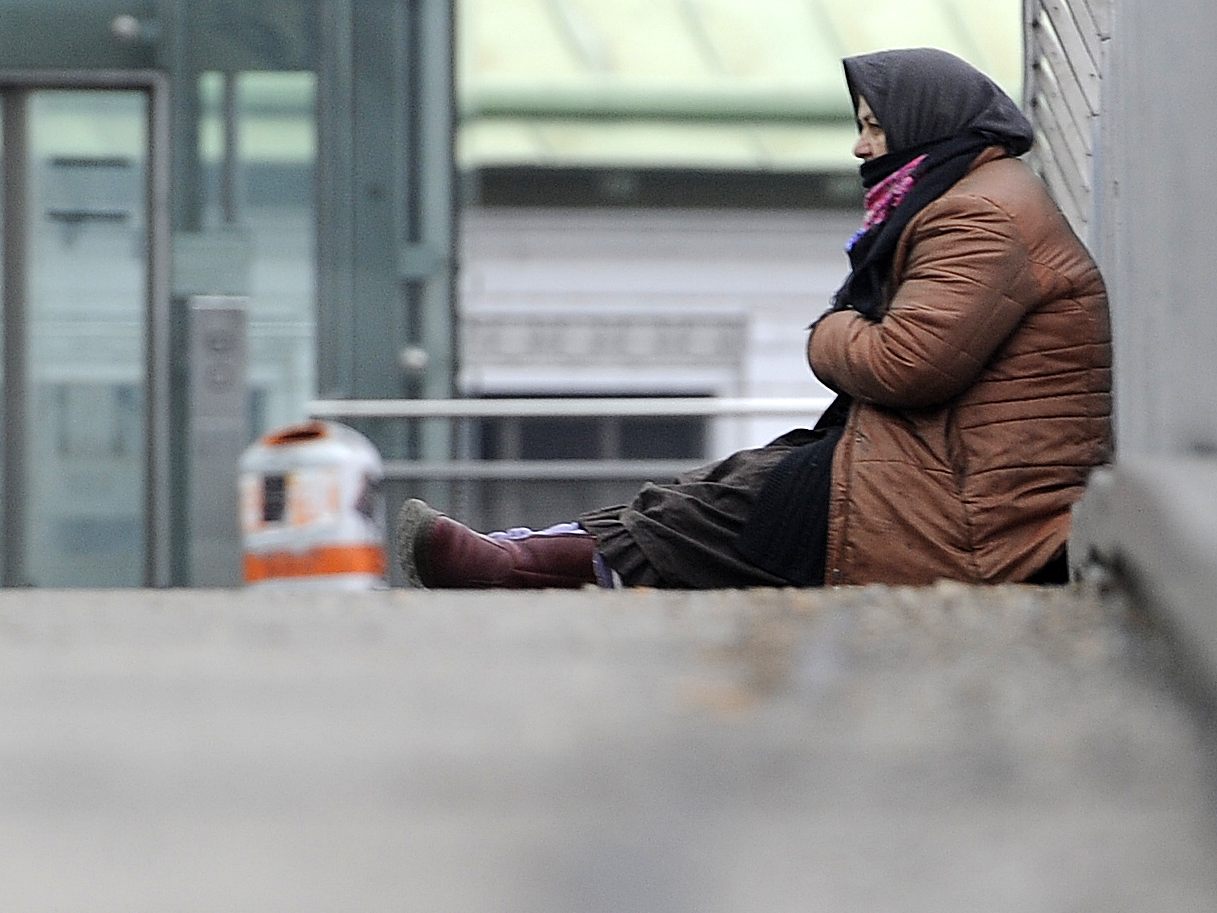Crisis Amplifies Women's Poverty: Over 565,000 Affected in Austria

When Ms. I. lost her apartment overnight four years ago, she sought help from Caritas. Just a week later, she was able to move into her "doll room," as she called her new home. Sixty percent of the people who turn to Caritas due to poverty are female, Caritas highlighted at a press conference on Wednesday.
565,000 women in Austria are at risk of poverty, with around 143,000 severely affected by poverty. The multiple crises have further exacerbated the situation in Austria, especially for women. "It is obvious that something urgently needs to change," said Doris Schmidauer, wife of Federal President Alexander Van der Bellen. "The issue has been with us for many, many years."
"Social Inequality": Women's Poverty as a Result of Unpaid Care Work
Women are even more burdened than in previous years. "Women's poverty is not an individual fate; it is the result of deeply rooted social inequality," said Schmidauer. A predominant part of unpaid care work - household, childcare, or care - is taken on by women.
"The salaries and pensions of women are usually lower and often not enough to cover the necessary living expenses," said Doris Anzengruber, head of the Caritas social counseling center in Vienna. "Poverty can affect anyone." The crises of recent years have worsened the situation for those who already had it tough, especially single mothers and minimum pensioners. "Women receive 920 euros less in average pensions," Schmidauer also pointed out. "It is our joint responsibility to correct this inequality," the political scientist addressed the new government on the occasion of International Women's Day on Saturday.
"The World Was Once Gone" - Crises Have Worsened the Financial Situation for Women
Ms. I. had to vacate her 80 square meter old apartment in Rudolfsheim-Fünfhaus within 14 days because she was subletting and the tenant had passed away. She could no longer afford the new rent and especially the deposit. In the midst of the COVID-19 pandemic, she now had no place to stay. "It was like the world disappeared," she recalled of that time. However, an employee of the employment service provided her with emergency numbers, and Ms. I. had the courage to ask for help there.
Temporarily, she found shelter in a "Chancenhaus" of the Vienna Homeless Assistance, which offered a short-term refuge. "It was October 31, 2021, a Sunday, I will never forget that," said Ms. I. "On Monday, the call came from Caritas, they had an apartment for me." A week later, she moved into her new 27 square meter home, "which I still have today, which I love. I am still so happy, this is my dollhouse." Caritas provided her with the essentials - hygiene products, bed linen, and towels.
Emergency Beds in Vienna Women's* Housing Center Rarely Remain Empty
"Women who come to us often have a long history of suffering," said Claudia Röder, head of the Women's* Housing Center of Caritas in Vienna-Leopoldstadt. "Most of our clients have had to experience violent relationships. Often, this violence is also a trigger or amplifier for mental illnesses, which, in addition to financial problems, make it difficult for women to keep their apartments." In the Women's* Housing Center and the adjacent day center Women's* Living Room, the various problem situations are addressed. "We accept women as they are. Most stay with us long-term, and for some, stabilization and moving into a mobile-supported apartment is successful," Röder said. There are also three crisis beds available, which offer quick and unbureaucratic shelter for one night. "It's very rare for one to remain empty," Röder said.
Currently, hundreds of women in Vienna find a roof over their heads in the various residential houses and emergency shelters. Women receive support in financial emergencies, for example, at social counseling centers.
(APA/Red)
This article has been automatically translated, read the original article here.





